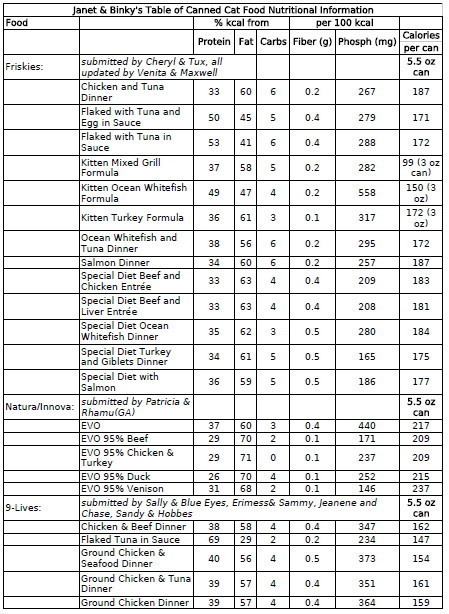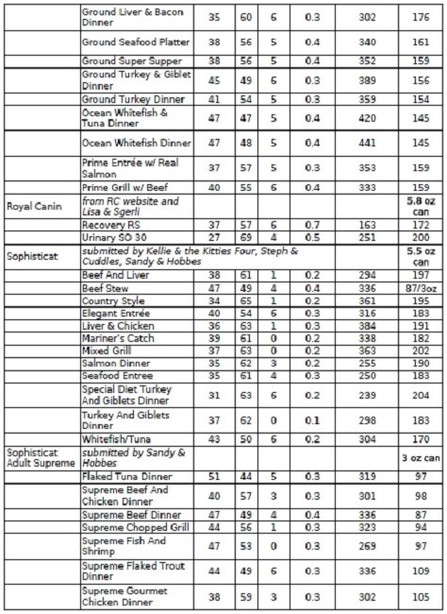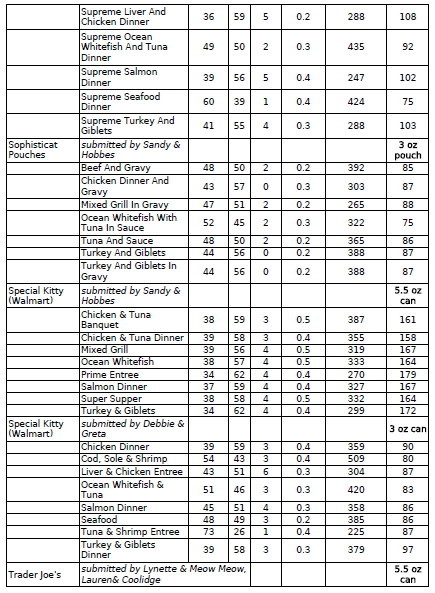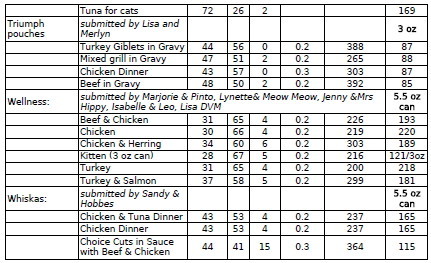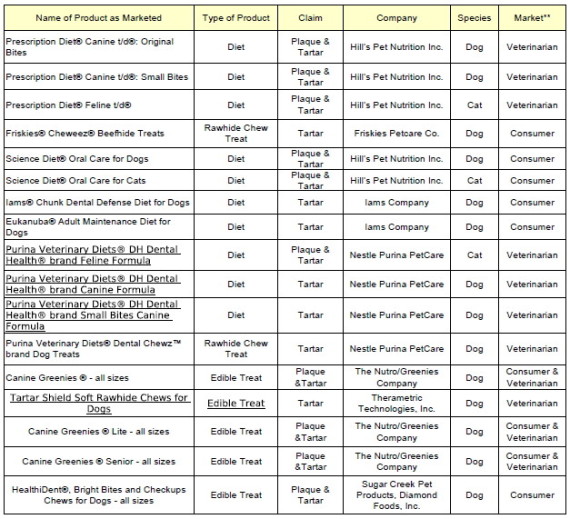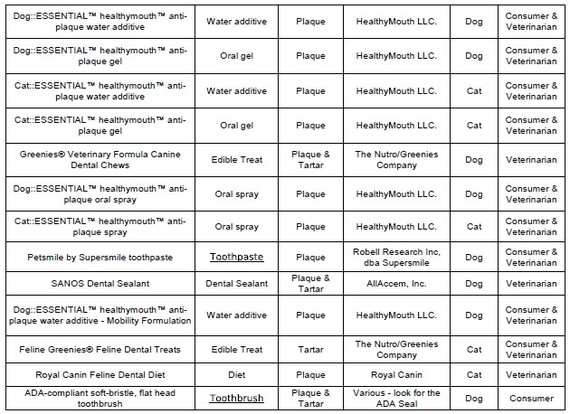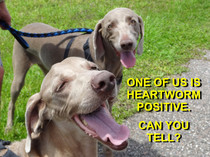Welcome to Chenoweth Pet Clinic!
WHAT IS THE MOST COMMON CONDITION SEEN BY VETERINARIANS TODAY?
Recent estimates suggest that up to 35% of dogs and cats in the United States suffer from obesity. Obesity in pets is associated with the following problems:
- Back and joint issues
- Diabetes mellitus
- Respiratory compromise
- Liver disease
- Increased anesthetic risk
- Decreased life span
One recent study of Labrador Retrievers found that dogs kept on the slender side of normal lived a median of 2.5 years longer than their overweight counterparts. The following are some suggestions for weight loss:
- Feed in meals. This controls the amount of food consumed. Leaving food out encourages snacking.
- Commit to regular weigh-ins.
- Provide interactive toys and frequent exercise.
- Rule out any medical conditions that may contribute to weight problems.
- Additional information on obesity can be found at: www.petfit.com and www.petobesityprevention.com
But my dog loves treats! What kinds of treats can be used in conjunction with weight loss?
It's important to remember that, just like with people, it's all about calories in and calories out. The calories from treats must be added to the calories consumed in regular meals to get the total calories for the day. The more "treats" a dog eats the less "regular" food is needed. Another factor is that treats are often high in fat. Dogs, just like people, find high fat foods very tasty! It should be no surprise that a high fat diet is not the best for dogs. There are several alternatives to high fat treats: reduced calorie treats, Cheerios, green beans, ice cubes, or "regular" dog food kibbles kept in a "special" place. Many dogs are not as motivated by the taste of the treat as they are about receiving something special from their master's hand.
What over the counter canned cat foods are suggested for weight loss, urinary bladder conditions, and diabetes in cats?
Below is a list of over the counter cat foods which contain less than 7% carbohydrates. These foods have been shown to be helpful.
HOW TO TRIM A CAT'S NAILS
WHY IS A DENTAL CLEANING IMPORTANT FOR MY PET?
Many health problems begin in the mouth. Plaque, tartar, periodontal disease, and infected teeth serve as a source of inflammation and infection for the rest of the body. Dental disease is also a source of pain. There are many ways that dog and cat owners can achieve a healthy mouth for their pet.
The website: www.vohc.org/accepted_products.htm, lists products that are on the market, that have been tested by veterinary dentists and proven to help prevent dental disease. Or, see the table below. Most of these products are much more effective after a professional dental cleaning has been done. Our dental services at Chenoweth Lane Pet Clinic include teeth cleaning and polishing, tooth extractions and minor oral surgery.
Dental disease can occur in pets of all ages, but is more common in middle to older aged pets. The problem begins when plaque and tartar are allowed to build up on your pet's teeth. Plaque harbors bacteria that can infect gum tissue and the root system of the teeth. Chronic infection in the mouth can lead to heart, liver and kidney disease.
Dental cleanings must be performed under general anesthesia in order to
properly and safely examine and clean the teeth. We use modern and safe
ultrasonic equipment. Each tooth is thoroughly cleaned above and below the gum line. The teeth are then polished to create a smooth surface more
resistant to plaque build up.
PRODUCTS FORMULTED TO PROMOTE GOOD DENTAL HEALTH IN DOGS AND CATS
WHY IS AN ANNUAL HEARTWORM TEST RECOMMENDED FOR MY DOG?
Strains of heartworms that are resistant to all currently available heartworm preventatives have recently been documented in the Mississippi River delta area. Resistance has emerged primarily because of the inappropriate use of preventatives. It is particularly important in this geographical area to treat known heartworm infections definitively and promptly. It is also imperative to use heartworm preventative year round and not to skip doses.
Further information about heartworms, as well as the current heartworm testing and preventative guidelines, is available at www.heartwormsociety.org
WHY SHOULD I KEEP MY DOG ON HEARTWORM PREVENTIVE ALL YEAR?
The mosquito plays an essential role in the heartworm life cycle. Adult female heartworms living in an infected dog, fox, coyote, or wolf produce microscopic baby worms called microfilaria that circulate in the bloodstream. When a mosquito bites and takes a blood meal from an infected animal, it picks up these baby worms, which develop and mature into “infective stage” larvae over a period of 10 to 14 days. Then, when the infected mosquito bites another dog, cat, or susceptible wild animal, the infective larvae are deposited onto the surface of the animal's skin and enter the new host through the mosquito’s bite wound.
Mosquitoes, like all insects, are cold-blooded creatures. They function best at temperatures over 80 F, become lethargic at 60 F, and cannot function below 50 F. In tropical areas, mosquitoes are active year round. In more temperate areas, such as Kentucky, mosquitoes can break dormancy anytime the temerature climbs above 50 F. In recent years it is not uncommon for a brief warm up even in the middle of winter. We have seen active mosquitoes in late January. Anytime mosquitoes are active they can transmit heartworms.
All approved heartworm medications work by eliminating the immature (larval) stages of the heartworm parasite. This includes the infective heartworm larvae deposited by the mosquito as well as the following larval stage that develops inside the animal. Unfortunately, if there is a lapse in heartworm preventive, in as little as 51 days, immature heartworm larvae can molt into an adult stage, which cannot be effectively eliminated by preventives. To skip a month or two of heartworm preventive is not worth the risk.


